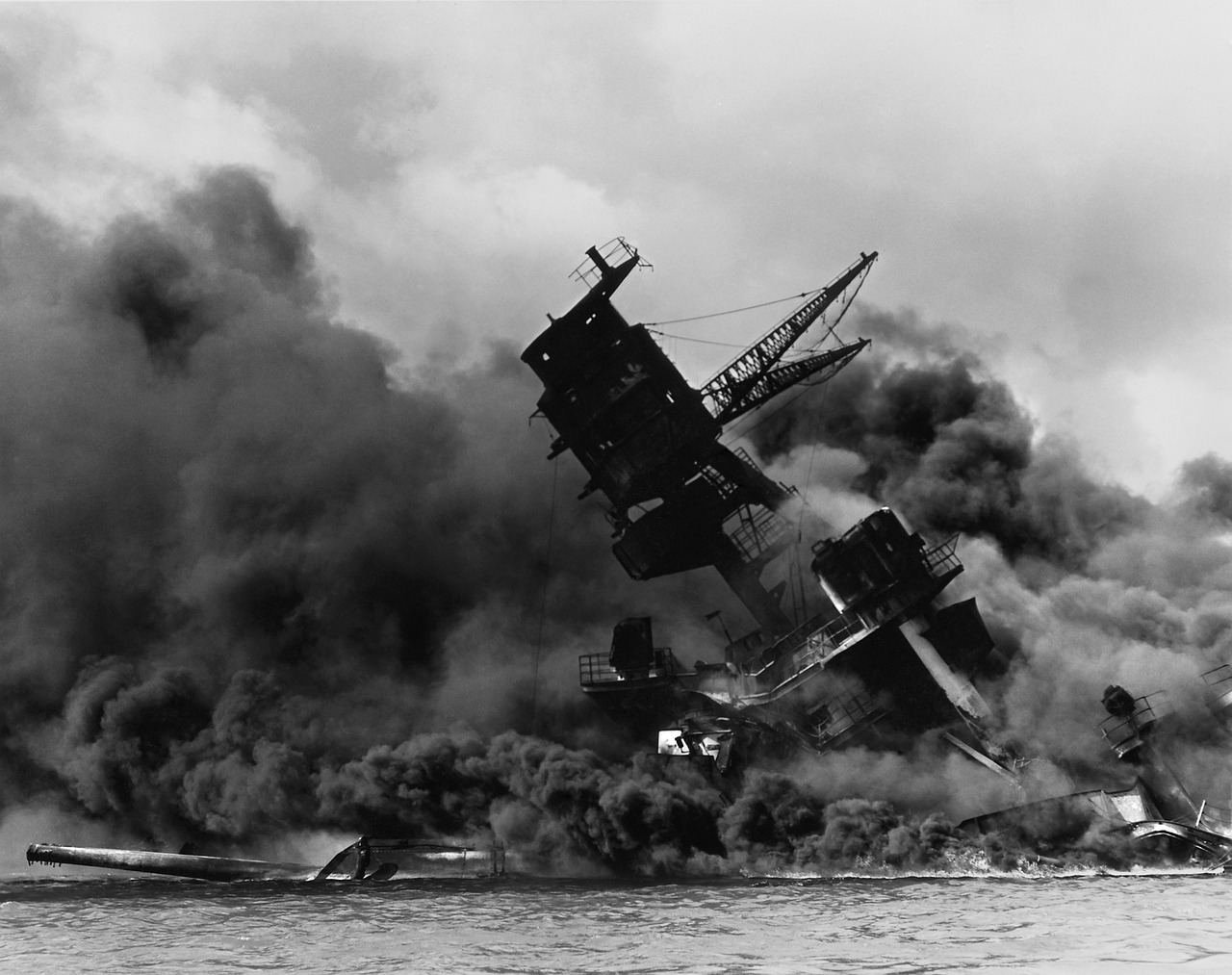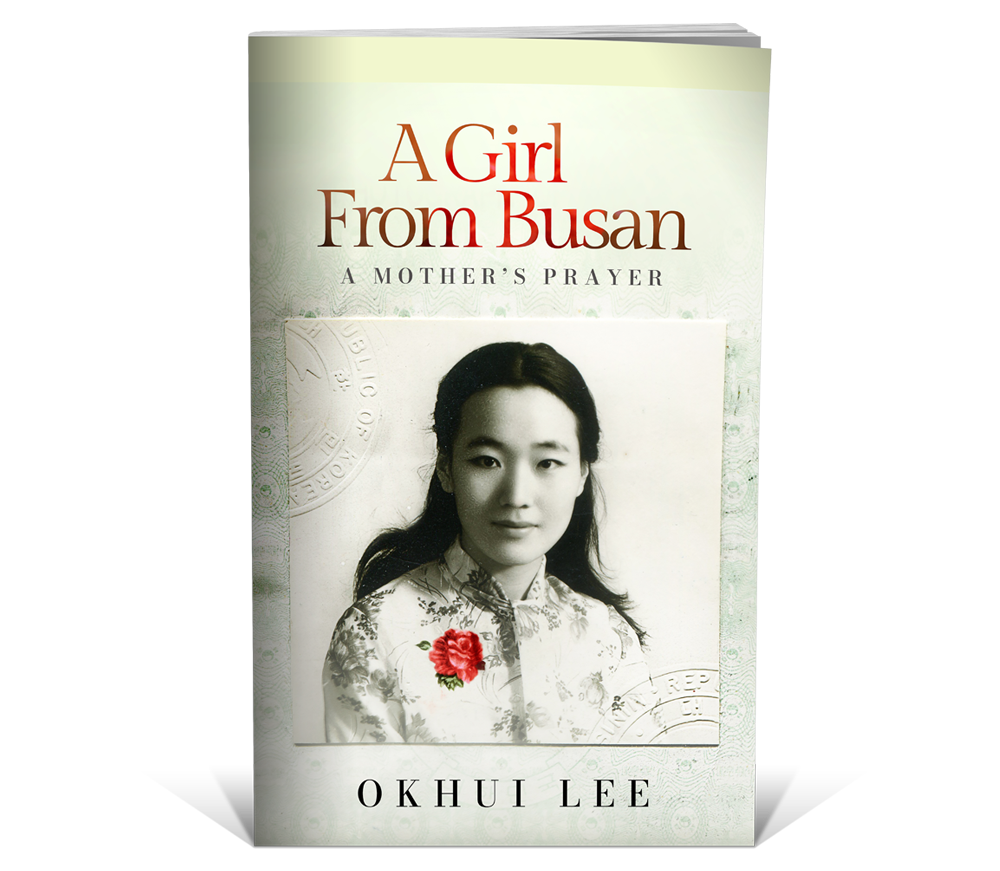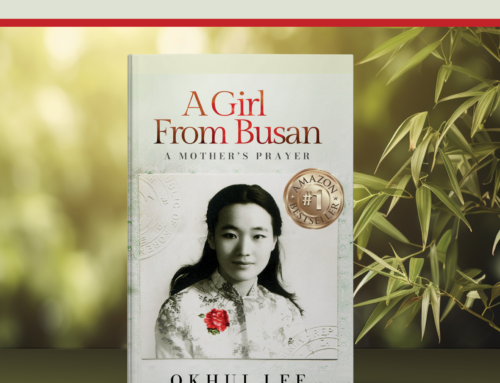
“…During the last year of the war, my family counted forty-nine straight days of earthquakes, accompanied by horrendous winds and storms. Along with the military strength of imperial Japan, it felt as though the weather itself was coming undone…” Tomiko Lee, A Girl From Busan, pg 11
The 1940s are well known for many inventions, swing dancing and extravagant musicals, but the decade is most commonly remembered for the wars that stole millions of lives worldwide. For the first half of the 1940s, life was at a standstill. Fathers and brothers left to fight in the war, while many women worked wartime jobs to support their families.
Chaos swept the world when Imperial Japan, Germany, and Italy signed the Tripartite Pact. These three countries became known as the Axis Powers. And though their reign of terror caused many countries to join in the fight for freedom, the United States remained somewhat neutral except for the occasional economic support. But on December 7th, 1941, the neutral standing point the United States was taking was thrown out the window.
Six Japanese fleet carriers were dispatched north of the Hawaiian Islands. They carried hundreds of Japanese fighter planes prepared to destroy as much of the American fleet deployed in Pearl Harbor as possible. Just before 8 in the morning, the attack commenced. Within two hours, 2,403 people were killed, including the Navy, Marines, Army, and civilians. Three ships, the Arizona, the Oklahoma, and the Utah, were permanently sunk.
The attack was seen as a great victory for Japan. The attack, however, unified the United States in both grief and vengeance. On December 8th, 1941, President Franklin D. Roosevelt delivered a speech to Congress at 12:30 p.m. This speech is considered one of the most famous speeches in American politics.
“No matter how long it may take us to overcome this premeditated invasion, the American people in their righteous might will win through to absolute victory. I believe that I interpret the will of the Congress and of the people when I assert that we will not only defend ourselves to the uttermost but will make it very certain that this form of treachery shall never again endanger us. “ Franklin d. Roosevelt, Day of Infamy Speech
Thirty-three minutes after Roosevelt gave his speech, Congress declared war on Japan. The United States officially entered the war and joined the Allies in the fight against the Axis Powers. For Americans, December 7th went down in history as the Day of Infamy and a reason to join together in courage and strength. But for those in Hawaii, life went from paradise to concentration camps and martial law.
War decimated the islands of Hawaii, with soldiers turning sugar plantations into training grounds and the government taking control of daily life down to censoring the news and setting curfews. And once the war ended and the military personnel returned home, the economy of Hawaii suffered greatly. It took great strength and unity for the natives to recover from the damage the war caused and bring prosperity back to the islands of Hawaii.
“…The day my sister Okyon and I arrived at Honolulu International Airport, the heavy humidity clung to the air…As we walked toward the baggage claim, we were greeted by a group of lively young men and women who adorned arriving passengers with vibrant flower necklaces, known as leis, a beautiful Hawaiian tradition …” Tomiko Lee, A Girl From Busan.





